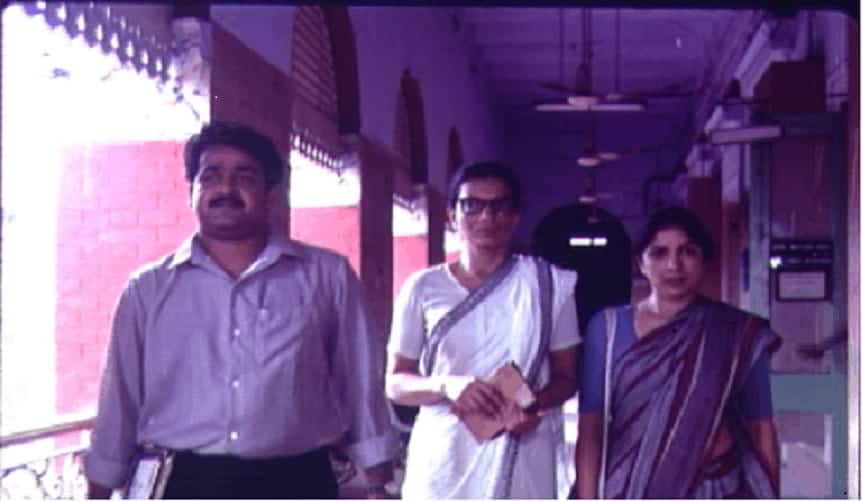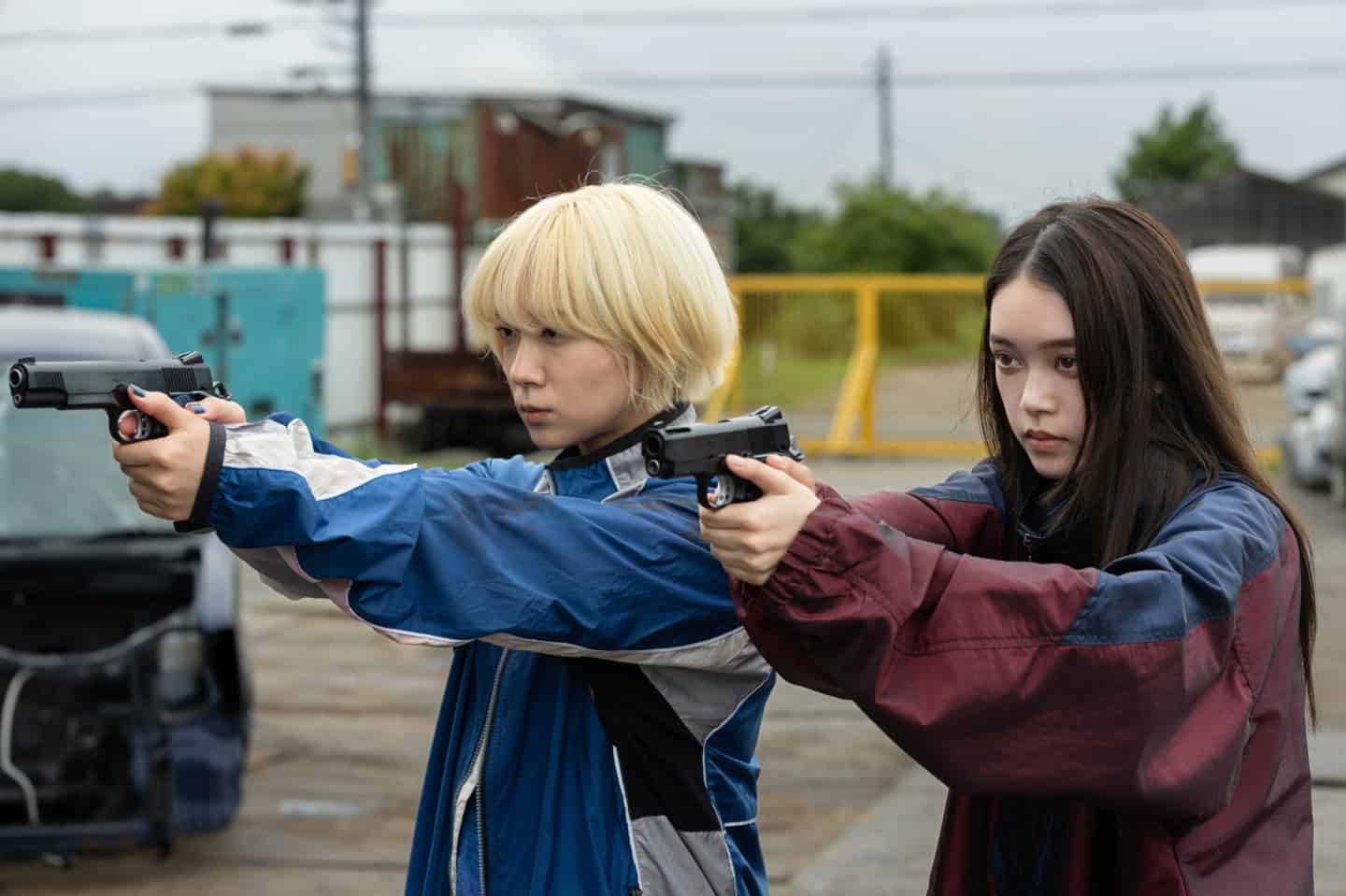Back in 2011, Yeon Sang-ho's “The King of Pigs” sent ripples in the movie industry, being the first adult animated film produced in South Korea, the first film of its kind to screen in Cannes, and a recipient of three awards in Busan. Now, based on the same material, actually Yeon's childhood, Kim Dae-jin presents a live-action series edition, in 12 episodes. (This review is for the first 4).
“The King of Pigs” is screening on Fantasia International Film Festival

A serial killer is on the loose, with his murders being particularly brutal, shocking every policeman that comes across them, with the exception of Kang Jin-ah, a brilliant detective whose intense tactics and obsession with solving crimes have alienated her from her colleagues. It is she who discovers a message written on a window, of the killer addressing a homicide detective, Jong-suk, even identifying himself as his childhood friend, Hwang Kyung-min. Jong-suk is a competent policeman, which Jin-ah immediately realizes after she informs him of what is happening, but his past is not that clear, particularly since both him and the murderer suffered intense bullying and even sexual abuse during their high school days. It is for this reason actually that Kyung-min is on his killing spree, targeting those who beat, bullied, shamed and marginalized both of them in school, a tendency that is eventually revealed that it was not restricted only to their classmates. Jong-suk wants to catch the killer, but at the same time feels some sort of satisfaction for what is happening. Meanwhile, Jin-ah has to face her own internal problems while Kyung-min is revealed as a recipient of even more violence.
Kim Dae-jin presents an intricate narrative that unfolds in a number of axes, both chronological and personal, and with multiple levels, as each revelation essentially adds more questions to the equation. The main arc takes place in the present, with the two police detectives having to face Kyung-min, who proves much more resourceful than they anticipated, issues with their colleagues, particularly in Jin-ah's case, and their past, in the case of Jong-suk. That all these elements eventually clash is as expected as it is rewarding to watch, with the analyses of the three protagonists, and particularly of the perpetrator, being quite thorough, in one of the best aspects of the series.
The second arc takes place in the past, when the two men were school children, with the revelations about the bullying they were subjected to in school being quite shocking, even more so due to the eventual unveiling of Kyung-min's family situation. The placement of these flashbacks in the narrative is excellent, highlighting the great job done in the editing. That these events are juxtaposed with many action scenes in the present, which become quite brutal after a fashion, works quite well for the title, retaining interest from beginning to end, while keeping things entertainingly mixed. Also of note is the eventual presence of another villain from the past, much more systemic this time, with Lee Kyung-young giving another great performance in a similar role.
Through this intricate story, Kim also makes a number of comments, which, apart from bullying and revenge, focus on the way the past shapes the future, how parenthood and the school environment shapes children, the inequalities between the rich and the poor, and the place of women in Korean society, particularly in men-dominated spaces as is the police. Also of note is that Kim manages to include some very much needed moments of humor in this dramatic, violent setting, adding even more to the entertainment the title offers.
As in the case of Lee Kyung-young, the rest of the actors are also quite good. Kim Dong-wook as Kyung-min portrays the tormented, “justified” villain in rather impactful fashion, Kim Sung-kyu as Jong-suk highlights his inner struggle convincingly, as is the case with Chae Jung-an as Jin-ah, who exhibits both her resolve and bitterness in rather eloquent fashion. Also of note is the presence of Kim Hyun-bin-I as young Kim Jong-bin, the main bully, who gives a truly shocking performance in his villainy.
The production values are top notch, essentially of cinema-level, with the cinematography resulting in a series of memorable images, a number of which in very fitting neo-noir fashion, with the same applying to the SFX and the action choreography, that results in a number of impressive, and rather brutal on occasion sequences.
“The King of Pigs” looks like an excellent series, both in context and production values, with the only question being where it will go for the rest of the 8 episodes, since the first four gave an ample opportunity for the title to end. And on a more personal note, I would prefer it to be a movie instead of a series, since the material seems more fitting for a feature.
















